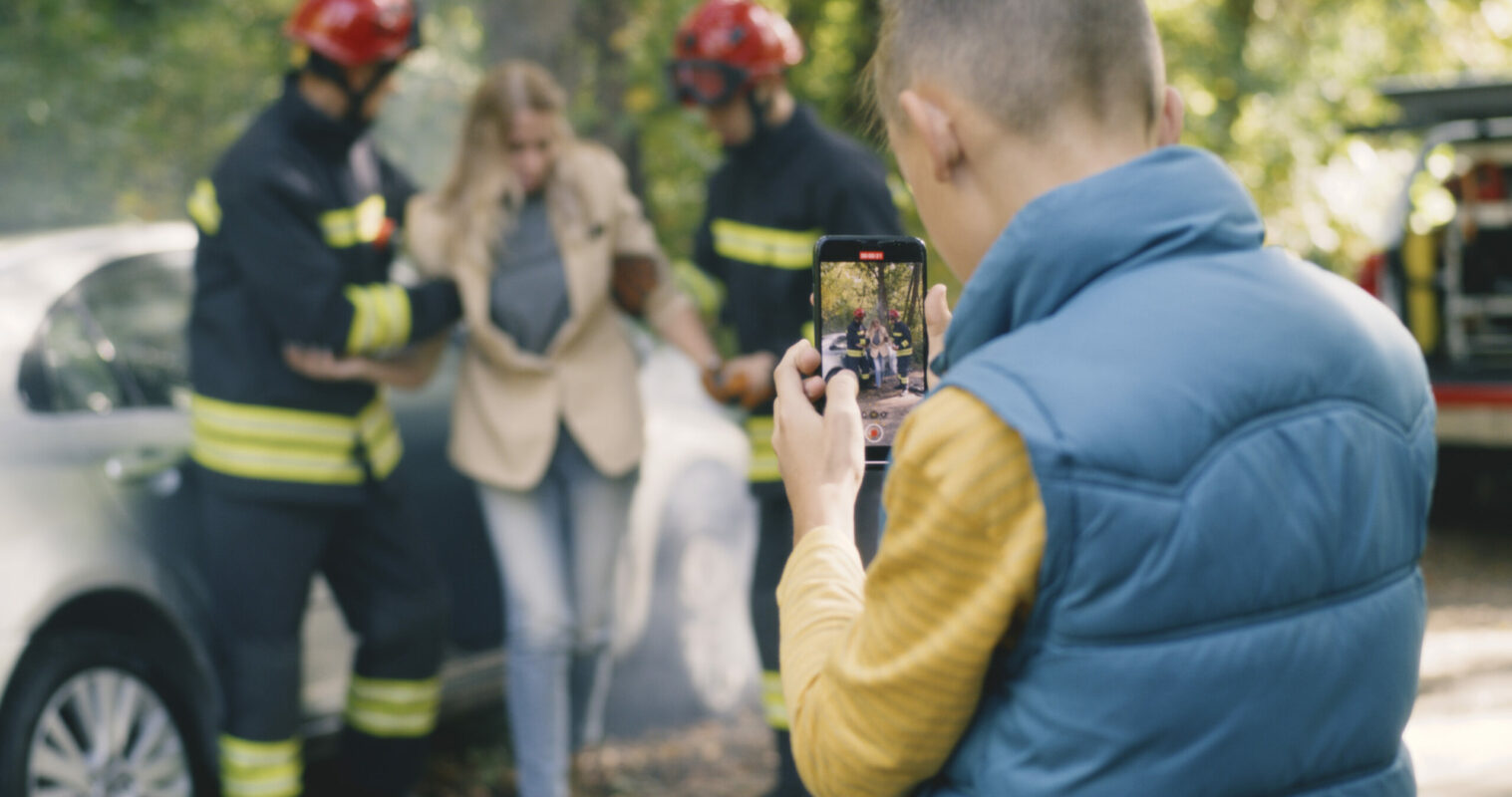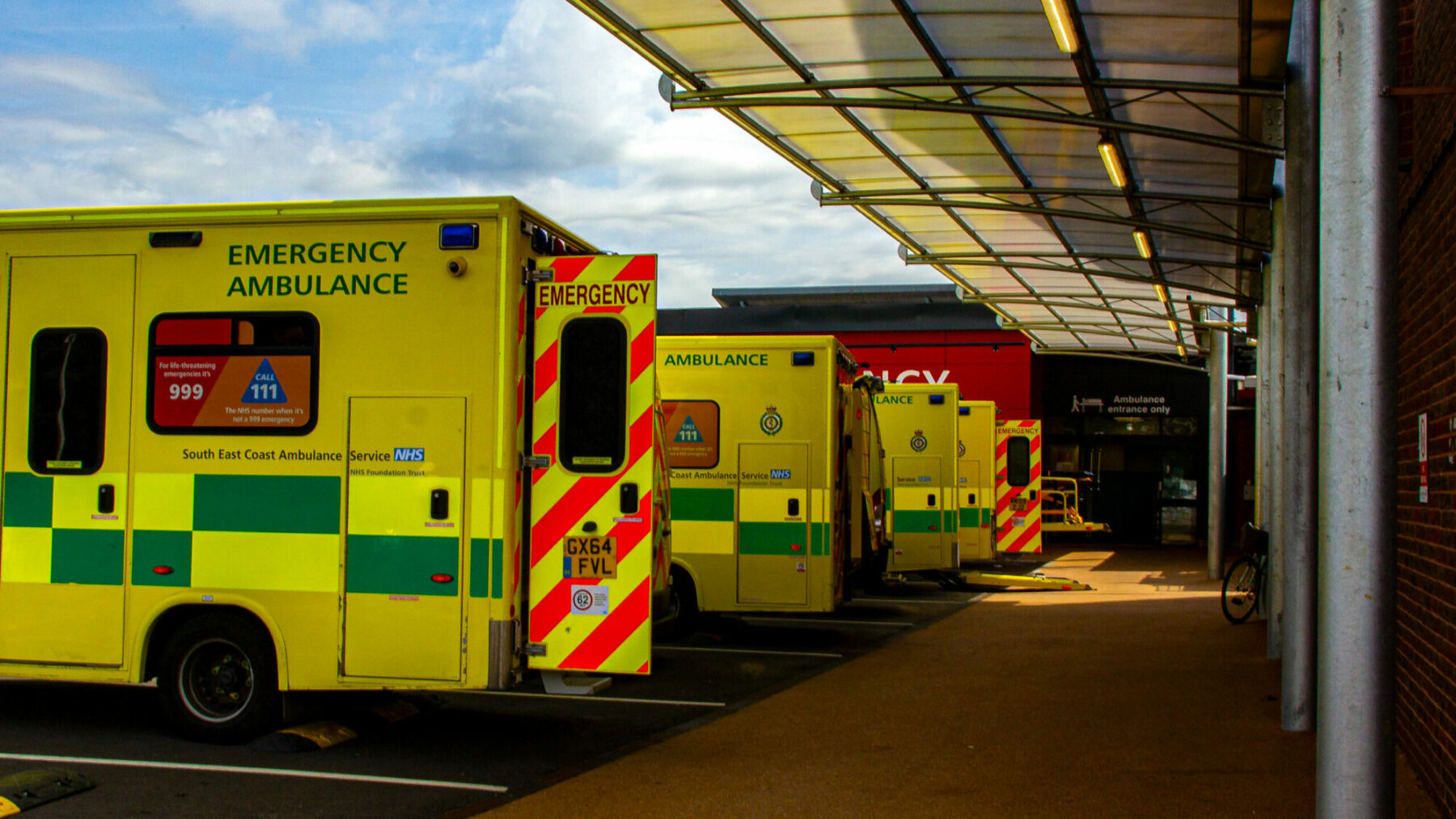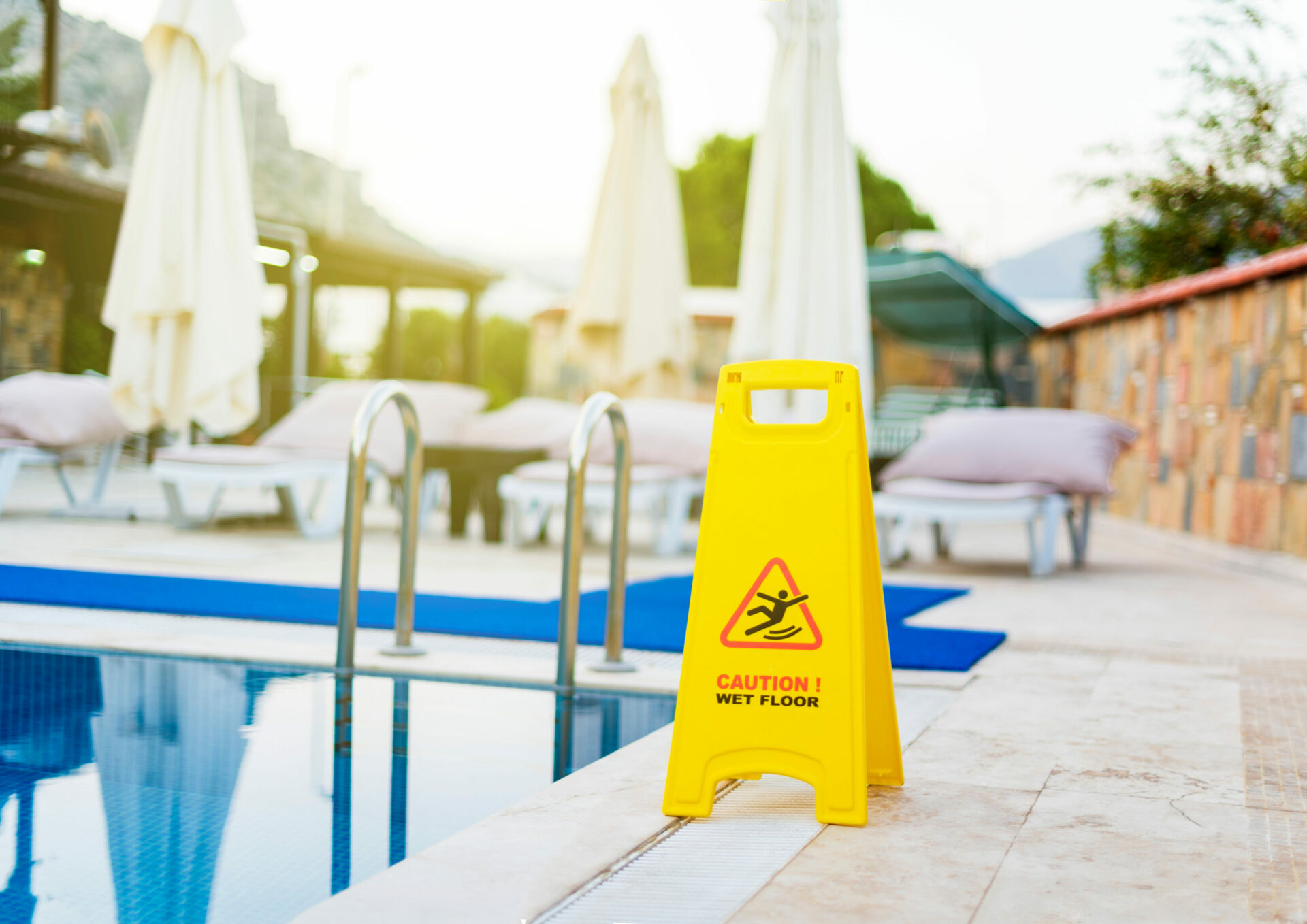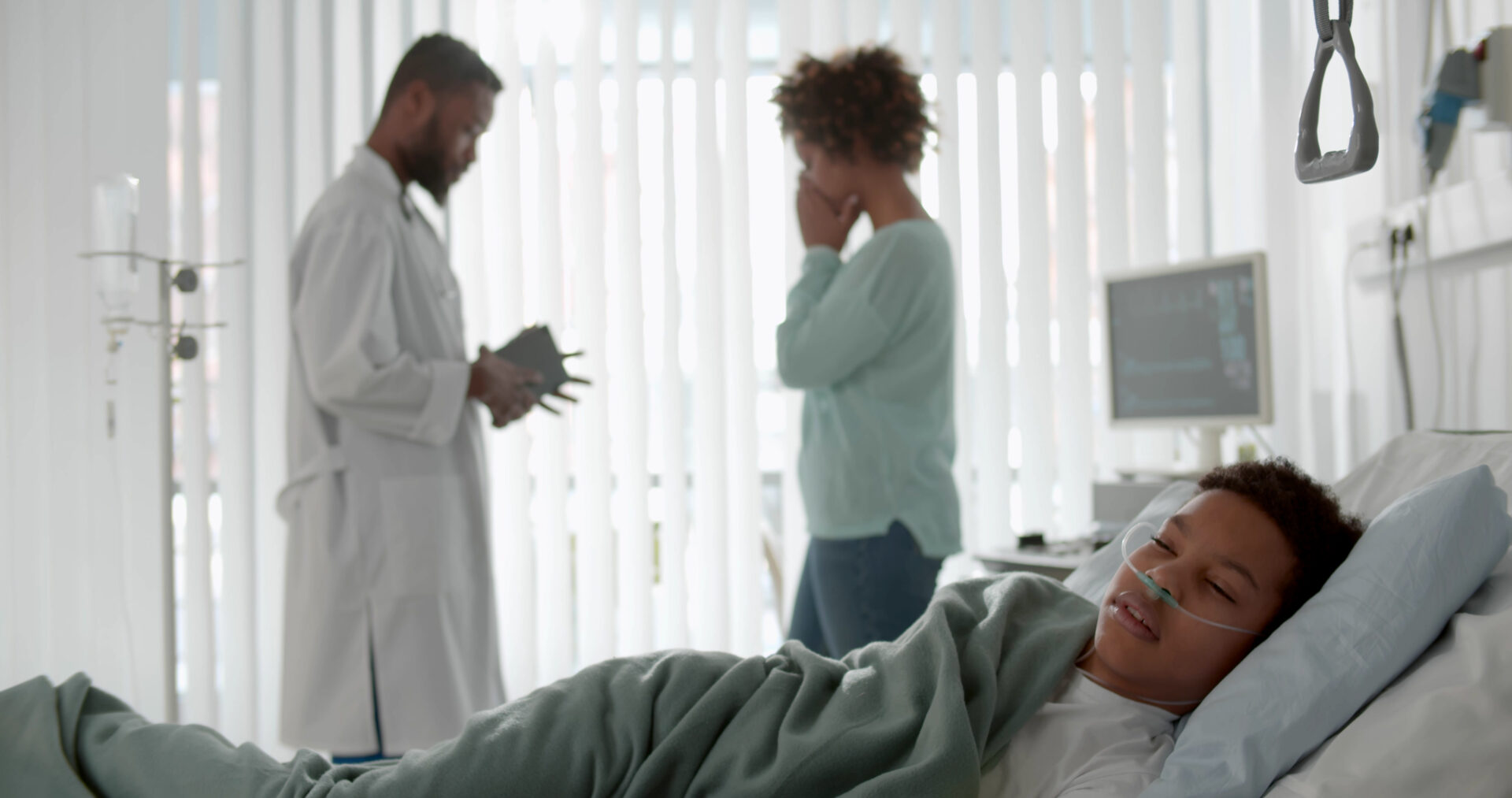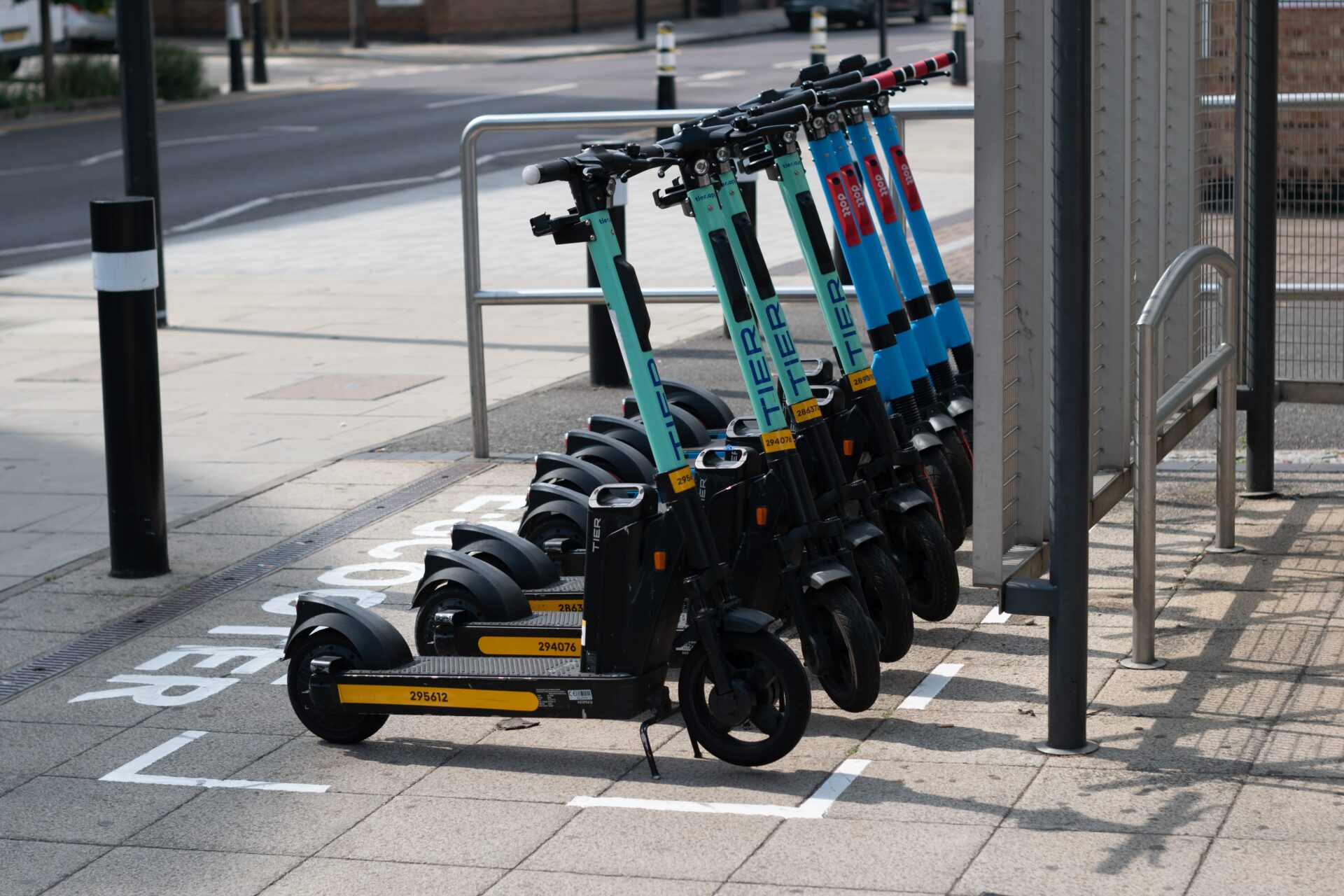
After 27 years, the families of the 96 victims of the Hillsborough Football Stadium disaster have finally had official confirmation of what they and many of us who have been following the events believed to be true all along – their loved ones were unlawfully killed following acts of gross negligence by the South Yorkshire police.
During this prolonged ordeal of a life time, the victims’ families have suffered in silence, marked by what can only be a momentary state of reprieve as the decision was released. Nobody can forget the shambolic state of chaos, confusion and ultimate terror of events, not least the families of those who lost their lives.So why have the conclusive findings on this historic tragic event taken so long to come to a just conclusion? What can the direct family members and others do to seek recompense for the massive harm and damage they have endured for almost 3 decades?
In this latest inquest into the tragedy, (the first inquest returned a verdict of accidental death, this was subsequently quashed by the High Court in 2012), the jury ruled that errors by the police, ambulance and senior officers on the day of the event that is seared into the minds of all British people, did contribute to the 96 deaths. Everything on the day was mishandled, from match commander, David Duckenfield’s decision to open Gate C at the Leppings Lane entrance to the stadium, to the failure of the Yorkshire Ambulance Service to correctly determine the seriousness of the situation and send in an adequate number of ambulances to help the injured and dying.
The term ‘unlawful killing’ can be handed down by a jury at an inquest. This conclusion can only be returned if the evidence is sufficient to reach the criminal standard of proof, (beyond reasonable doubt). The handing down of a verdict of unlawful killing requires the case to be referred back to the Crown Prosecution Service (CPS) for reconsideration of whether any criminal offences should be prosecuted. The CPS is not bound to act or change any previous decision—the requirement is for the case to be ‘reconsidered’.
Outside of the possible criminal prosecution, questions remain regarding potential civil claims– will compensation now be awarded to the victim’s families? Are those who were present at the match and witnessed the terrible scenes of death and dying be entitled to compensation for mental trauma?
Verdict reignites two class actions
Following the jury’s decision in the inquest, two multi-million-pound class action law suits against the police are reported to have been brought to life again, whereby damages are being sought by hundreds of family members These claims were originally filed in 2015. The claimants were forced to wait until the inquest was concluded before the claim could be brought before a judge.
Class-action litigation (also known as group-action litigation) involves a group of people with the same potential claim bringing a case against an employer, public body or corporation.
Making a personal injury claim against the police
To bring a claim for negligence against the police, the claimant needs to show the following:
- the police owed him or her a duty of care
- that duty was breached
- the breach caused the claimant damage
Some of the victims have stated there has been misfeasance in public office. This is when damages can be claimed for the unlawful behaviour of those such as the police who were involved in this tragedy. “Misfeasance in public office” is a civil wrong, for those who have been harmed by: “acts or omissions” for:
“an abuse of public power or authority; 2. by a public officer; 3. who either a. knew that he or she was abusing their public power/ authority, or b. was acting recklessly with the knowledge of the probability of harming the victim…”
At the inquest, David Duckenfield admitted that not only had he failed to prepare to oversee the match, (he did not even know that police were responsible for crowd control on the day), but that he also lied, blaming Liverpool fans for entering the stadium through the large exit gate.
The inquest clearly established that Duckenfield had no idea what he was doing, prior to, during and after the disaster. The findings of the inquest, although not strictly binding on the civil courts where the victims are seeking justice, will nevertheless potentially amount to compelling and persuasive evidence when the Judge eventually decides whether liability attached and if damages should be paid.The Caparo test
To establish a liability, claim against the police, the claimant must satisfy what is known as the Caparo test. Caparo Industries plc v Dickman set out the following three elements that must be present for a claim to succeed.
- The harm caused by the negligent actions must be reasonably foreseeable;
- The relationship between the parties to the dispute must be one of reasonable proximity; and
- It must be fair, reasonable, and just to impose liability.
The proximity element will be crucial as to whether or not witnesses to the tragedy can successfully claim compensation for psychiatric injury as secondary victims.
Claims for psychiatric injury
A “secondary victim” is one who suffers psychiatric injury not by being directly involved in the incident but by witnessing it and either:
- seeing injury being sustained by a primary victim, or
- fearing injury to a primary victim
The law on secondary victims, as it currently stands, stems from a case brought by survivors of the Hillsborough disaster. In the 1992 case, Alcock v South Yorkshire Police, the House of Lords set out certain limitations to control the number of victims who could make a claim as a secondary victim. Therefore, not everyone will be entitled to make a claim.
To bring a claim the victim must show:
- A close tie of love and affection between the Claimant and the victim.
- They were present at the scene of the accident or its immediate aftermath (those who witnessed the disaster unfolding on TV could not claim).
- The psychiatric injury was caused by direct perception of the accident or its immediate aftermath and not by hearing about it from somebody else.
Parents, children, spouses or fiancés of a deceased or injured person automatically have the necessary standing to make an application for compensation for psychiatric injury caused by witnessing a disaster. However, unmarried cohabiting couples, same-sex partners, siblings and foster parents must establish the validity of the relationship at the time of the incident, a requirement which has added considerable pressure to many already suffering from shock and distress.
The court will also require the claimant to show that psychiatric injury was reasonably foreseeable as a likely consequence of exposure to the trauma of the accident or its immediate aftermath. The law is said to expect reasonable fortitude and robustness of its citizens; therefore, liability will not be imposed because a particular person is deemed more mentally frail than others unless the defendant was aware of the victim’s frailty.
There is also a requirement that the claimant, on witnessing the event receive a ‘sudden shock’ to the nervous system.
The reality is, claims by the ordinary bystander who witnesses injury or the risk of injury to a stranger will ordinarily fail either on the basis that:
- such persons must be assumed to be possessed with fortitude sufficient to enable them to endure the calamities of modern life, or
- defendants cannot be expected to compensate every person who can establish that they have suffered psychiatric injury as a result of seeing a tragic and shocking event
However, Lord Justice Ackner stated that he would not dismiss a passer-by suffering shock-induced psychiatric harm that was reasonably foreseeable, if the circumstances were such that a reasonably strong-nerved person would have been so shocked. He noted the hypothetical example of a petrol tanker careering out of control into a school in session and bursting into flames, indicating that he would not be prepared to rule out a potential claim by a passer-by so shocked by the scene as to suffer psychiatric illness.
Given the momentous developments in the understanding of psychiatric illnesses which have been made in the two decades following the Alcock decision, a test case brought by secondary victims following the inquest verdict may well lead to a new, more up to date legal test.
Time for justice
To the fury of families of the victims, following the case of Frost v Chief Constable of South Yorkshire Police (1997), police officers and rescuers who attended the scene were able to claim compensation for post-traumatic stress disorder (PTSD). Many have received far more in compensation than those who lost loved ones on the day due to gross negligence by police and ambulance services.
With the verdict of unlawful killing finally given, families of the victims can at last feel empowered to claim compensation for the death and injury of those they lost. Although money can never bring loved ones back, it can be used to help rebuild shattered lives. It helps that the families of the 96 victims have relied on each other for support in this period where the whole world had written them off as lunatics or serial litigants with money oriented agendas. They found solace in each other and showed that their community was strong and united enough to live up to their club motto: You Never Walk Alone
Saracens Solicitors is a London based law firm with an experienced personal injury department. If you wish to talk further about any of the issues raised in this article, please feel free to call me on 020 3588 3500.
If you have any comments to make, please add them in the comments section below.
Table of content
Recent Posts
Tokenization: UK Law On Tokenizing Real-World Assets
The world of finance is being reshaped by tokenization, where [...]
Lidl v Tesco: A Clubcard Catastrophe
In an unexpected turn of events, discount supermarket giant [...]
EU vs Big Tech (Apple / Meta / Google): A Breakdown On The Crackdown
The European Union (EU) has launched investigations into three [...]

